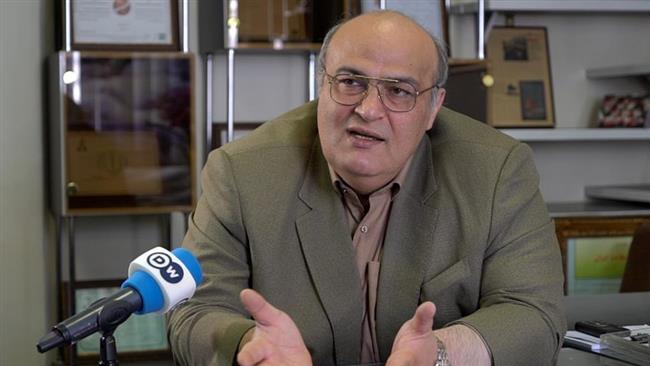
RNA - “Generally speaking, the Jews’ condition in Iran has always been better than in Europe. In our country’s history, there was never a time when all Iranians had the same religion, race, or language, so there is a high degree of tolerance,” Siamak Moreh Sedgh said in an interview with Germany’s Deutsche Welle (DW), which was published on Monday.
“Jews are a recognized minority here, so we can practice our religion freely. We have more than 20 working synagogues in Tehran and at least five kosher butcheries,” he said.
The Iranian MP said that Jews and Muslims respected each other despite differences.
He said the Jewish community and other religious groups in Iran were not separated from one another, adding that Jews have economic relations with Muslims.
Moreh Sedgh, who also serves as the director of the Tehran Jewish Committee and the Dr. Sapir Hospital in the Iranian capital, said his closest friends were Muslims.
“The hospital I work in is a Jewish hospital, for example, but more than 95 percent of both our personnel and patients are Muslim,” he added.
Elsewhere in his comments, the lawmaker pointed out that Jewish children, who go to Iranian public schools, are allowed to stay at home on Saturday if they want to observe the Sabbath, the holy Jewish day.
Moreover, Moreh Sedgh drew a difference between being a Jew and a Zionist, saying some Jews were critical of the behavior of the Israeli regime and army.
“Invading other countries and killing innocent people are not Moses’ teachings,” he said.
About 9,000 Jews are said to be living in Iran.
847/940